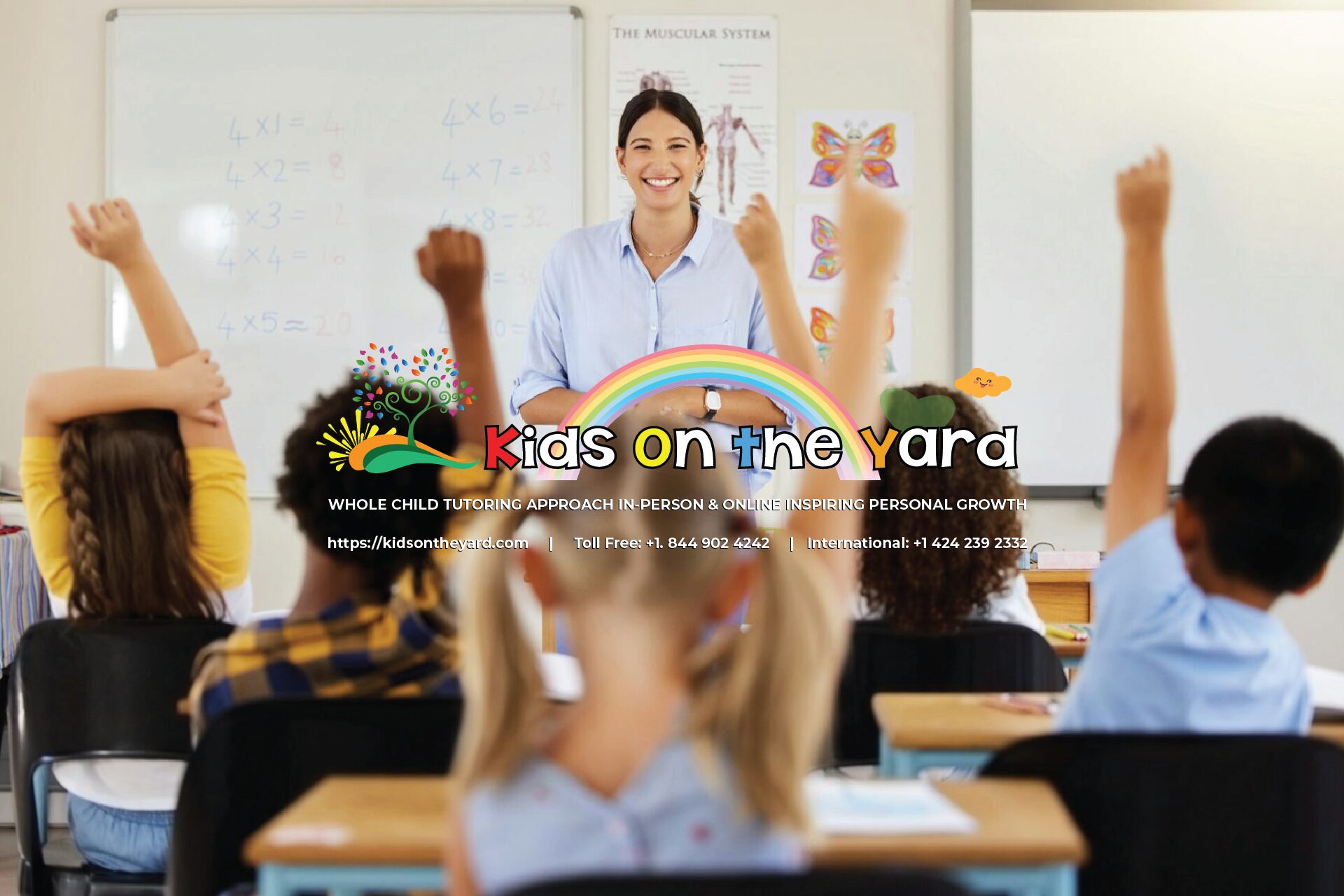|
Audio Article
|
Understanding Educator SEL
Educator social-emotional learning (SEL) encompasses personal well-being and the professional capacity to foster supportive learning environments. This involves managing stress and cultivating positivity among students. Developing these skills necessitates understanding and implementing the Five High-Leverage Practices.
Managing Stress with Emotional Intelligence
Why should an educator incorporate SEL into their classroom? By encouraging emotional intelligence, educators can identify, understand, and manage their emotions constructively. This supports a calmer, more conducive learning environment.
Creating Supportive Settings
Two essential pillars to uphold a supportive classroom are trust and openness among students. SEL strategies focus on building relationships, not just transmitting knowledge. SEL creates an opening for students to share thoughts and explore their capabilities.
The Five High-Leverage Practices
These practices offer practical steps for educators:
- Reflective Assessment: Regular self-assessment of emotional states helps educators understand their impact on students and the classroom atmosphere.
- Emotional Regulation: Techniques such as mindfulness and cognitive restructuring help educators manage their emotions to stay responsive rather than reactive.
- Prosocial Engagement: Fostering positive interactions and social skills in classrooms centers around model behavior demonstrated by educators.
- Practical Empathy: Goes beyond mere understanding of students’ needs, aiming to synchronize educational demands with empathetic engagement.
- Resilience Training: Equips educators to withstand and recuperate from educational pressures, which translates into a more robust educational environment.
Professional Development: Continuous Learning
Customized workshops and ongoing training sessions allow for continuous professional development in SEL, emphasizing the transfer of theory to practical application within the school setting.
Recognizing the intricacy of teaching, SEL-focused professional growth for educators is vital. A deeper understanding and implementation of these competencies enhances educators’ effectiveness, improving both their lives and the lives of their students.
Implementing SEL Toolkit
Educators equipped with the SEL toolkit gain access to an adaptable framework designed to enhance their well-being and elevate the learning landscape. The toolkit’s modularity allows for personalized learning, fitting seamlessly into varied school cultures and individual educational strategies.
In group professional development sessions or individual study, each component of the toolkit offers educators a structured yet flexible approach. Facilitators can choose specific modules that address immediate needs, such as Emotional Regulation or Resilience Training. This targeted selection ensures that professional learning is relevant and immediately applicable.
For individual educators, the toolkit supports autonomous exploration and self-directed growth. It allows for reflection and integration of new practices that align with personal and professional aspirations. This customized approach accommodates the unique contexts in which educators operate.
During professional development sessions, facilitators can guide educators through scenario-based activities derived from the toolkit. These activities simulate common classroom challenges, providing a safe space to practice new strategies and receive peer feedback. Such interactive methods amplify the real-world applicability of SEL principles.
The toolkit includes tracking and reflection tools for educators to observe their growth over time. This reflective practice fosters a deeper internalization of SEL competencies and reinforces the habitual application of learned strategies, gradually transforming educational environments.
The SEL toolkit is a dynamic educational instrument crafted to meet diverse developmental needs. By offering comprehensive and adaptable resources, the toolkit empowers educators to craft a meaningful and enriching professional growth path, enhancing the overall educational milieu for both students and teachers.
Linking SEL with Digital Citizenship
In the digital age, the confluence of social and emotional learning (SEL) and digital citizenship is crucial. As technology becomes an integral part of students’ lives, educators must employ strategies that foster sound social and emotional skills and guide students in navigating digital landscapes ethically and empathetically.
Students today are digital natives, spending a significant portion of their social lives in a virtual context.1 This landscape, while rich with opportunities, presents unique challenges in terms of empathy, self-regulation, and safe communication—areas where SEL strategies are particularly potent. Aspects of SEL like self-management and responsible decision-making can guide students to be more conscientious about their online engagement. They learn to reflect before sharing, critically evaluate information, and empathize with others impacted by their digital footprints.
Integrating SEL with digital citizenship education provides students with a toolkit that is robust across both real and virtual environments. Strategies such as cultivating emotional regulation can help students manage the frustration or excitement that often accompanies online experiences. Teaching skills like perspective-taking and empathetic communication reinforce positive digital etiquette, reducing cyberbullying and promoting a more inclusive online community.
Fostering a prosocial approach in digital settings encourages students to contribute positively to online forums, appreciate different viewpoints, and collaborate effectively. These enhanced communication skills ensure that digital dialogues remain enriching and constructive, preparing students for a diverse and interconnected world.
Professional development for educators in this integrated sphere involves aligning SEL objectives with digital age challenges. Training sessions can incorporate scenario-based learning where teachers navigate hypothetical yet realistic digital dilemmas using SEL-based responses. This practice engrains effective strategies and sharpens educators’ instincts on when and how to apply these techniques in their digital curriculum planning.
The adoption of an educational synthesis that enmeshes SEL with digital citizenship ultimately grounds students’ online experiences in core social and emotional competencies. This holistic approach minimizes the risks associated with digital life and maximizes the opportunities for meaningful and respectful engagement. As educators work to blend these elements in pedagogy, they empower students to handle, with grace and acumen, the intersection of their emotional well-being and the digital worlds they inhabit.

- Prensky M. Digital Natives, Digital Immigrants Part 1. On the Horizon. 2001;9(5):1-6.
What is Educator SEL?
Educator SEL focuses on developing the personal and professional social-emotional skills of educators. It helps them manage stress, improve emotional intelligence, and foster supportive learning environments for their students.
Why is Social-Emotional Learning important for educators?
SEL is important for educators as it helps them regulate their emotions, reduce stress, and create positive, trusting relationships in the classroom. This not only improves their well-being but also enhances their ability to teach effectively.
What are the Five High-Leverage Practices in SEL for educators
The Five High-Leverage Practices include:
Reflective Assessment: Self-assessment of emotional states.
Emotional Regulation: Managing emotions through mindfulness or cognitive restructuring.
Prosocial Engagement: Promoting positive social interactions.
Practical Empathy: Understanding and aligning with students’ emotional needs.
Resilience Training: Developing skills to cope with stress and recover from challenges.
How can SEL help educators manage stress?
SEL encourages the development of emotional intelligence, allowing educators to understand and manage their emotions better. This can reduce stress and lead to a calmer, more focused approach to teaching.
What is the SEL toolkit for educators?
The SEL toolkit provides educators with resources and strategies to enhance their social-emotional skills. It is adaptable and can be used in group professional development sessions or for individual study. The toolkit offers modules on topics like Emotional Regulation and Resilience Training, making it customizable to different needs.


